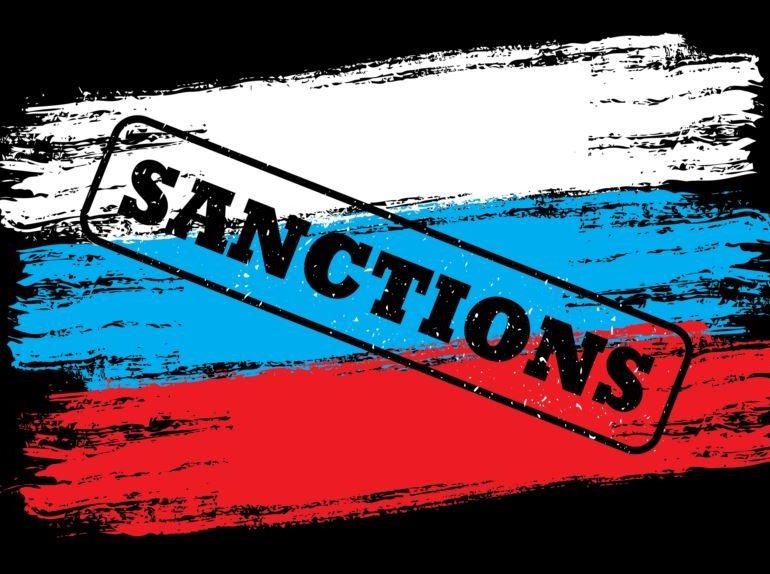Food sanctions have been extended until the end of December 2019, according to a new resolution of the Government of Russia. This means that for another year the ban on the import of meat and meat products, milk and dairy products, fish and fish products, vegetables and fruits was extended. It should be noted that initially sanctions were already applied to these products. But at some point, the embargo spread to salt, live pigs (excluding purebred pedigree animals), the supply of fresh, chilled or frozen food offal of cattle, pigs, sheep, goats, horses, and so on. But since May last year, supplies of salt for the production of medicines and biologically active additives have been authorized.
According to the Federal Tax Service, foreign countries have already lost 8.3B RUR ($ 121.51M) because of the food embargo imposed by Russia. Most of the products were imported from the European Union in the amount of almost $ 5.9B, Norway accounted for $ 1.1B, for the USA $ 780M, for Canada $ 373M, and for Australia $ 182M. The main European importers were Poland ($ 1.1B), Austria ($ 852M) and the Netherlands ($ 794M).
Meat products were on the first place, its import made 818K tons for $ 2.1B. The second place was occupied by dairy products - 464K tons for $ 1.8B; on the third - fish and seafood - 546K tons to $ 1.7B. Import of fruits and nuts amounted to 1.3M tons to $ 1.4B, vegetables - 761K tons to $ 706M. Other products - this is agricultural raw materials, confectionery, together they amounted to 104K tons at $ 604M per year.
Source: sweetinfo.ru.


